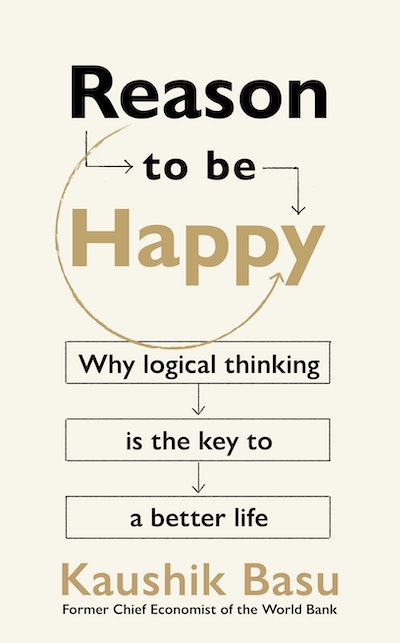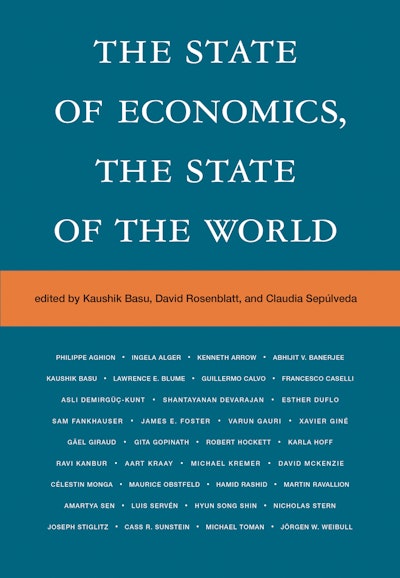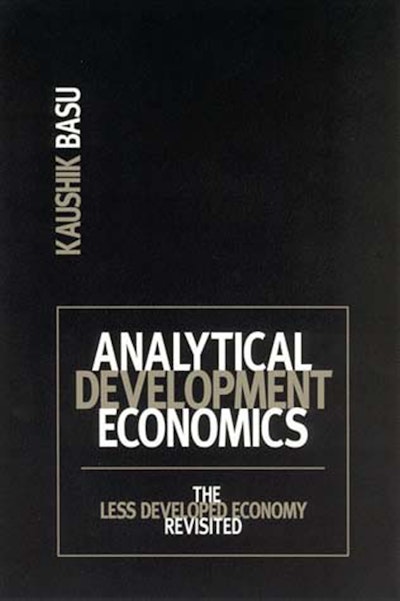[]
Play sample
- Published: 18 February 2024
- ISBN: 9781911709251
- Imprint: Torva
- Format: Hardback
- Pages: 240
- RRP: $39.99
Reason to Be Happy
Why logical thinking is the key to a better life
Formats & editions
Buy from…
- Published: 18 February 2024
- ISBN: 9781911709251
- Imprint: Torva
- Format: Hardback
- Pages: 240
- RRP: $39.99
Reason to Be Happy is a wise and witty book that shows how thinking clearly can help us find happiness in our daily lives, get more of what we want, and even make the world a better place.
Professor Hannah Fry, author of <i>Hello World</i>
Compelling... Eminently readable... The economist makes brilliant points and readers will learn a lot.
Chris Stokel-Walker, New Scientist








